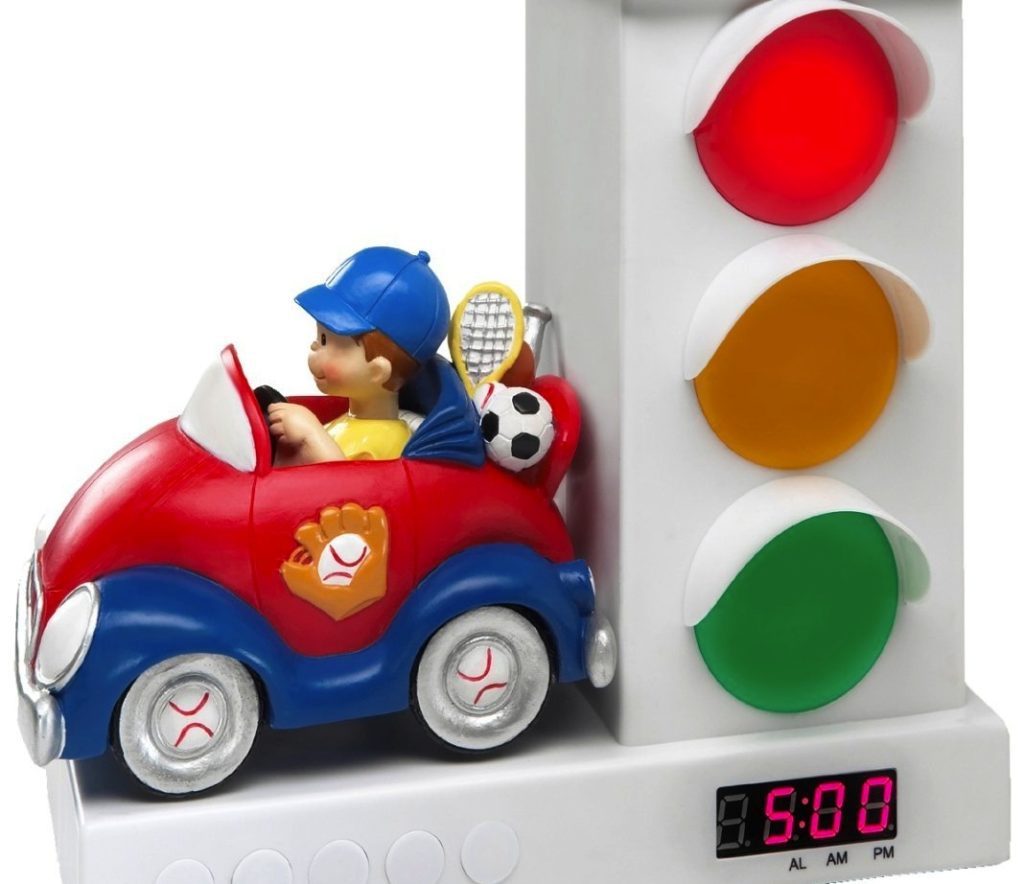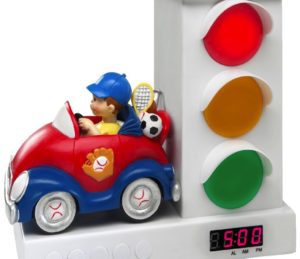Questions for Chloe: Positive Reinforcement for Better Sleep
By • April 18, 2018 0 1569

Dear Chloe,
How, oh, how can I get my four-year-old to sleep longer in the mornings? Or if he is not actually going to keep sleeping, how can I get him to stay in his room until a more acceptable hour so that I can get some of my own very cherished beauty sleep? Zzzzs please.
— UndereyeConcealerMama
Dear Sleep-deprived,
OK, let me honest. Since this is my first column and actual questions haven’t yet been posed, I decided to ask the question that I myself have always most craved the answer to. This is a topic I have incessantly researched, attempted and failed to implement rules for, tried to create a reward chart for and then failed at sticking to, and so on and so forth. I’m not proud (and also not shy!) to say I have hired an iPad to take the early morning shift and invested in two different espresso machines since my son was born four years ago. I personally feel that some babies are born good sleepers and others are just not. I am the mother of a child who is, let’s just say, very much the latter.
This inquiry led me to Claire Lerner, a licensed clinical social worker specializing in early childhood development and parenting. Claire told me it’s all about positive reinforcement, which resonated with me because that’s my favorite tool as a teacher. She suggested beginning by telling my son, “You are such a better sleeper now” (#whitelies … but at least he wasn’t waking up a handful of times during the night anymore) and then following up with how exciting it is that we have some fun things to work on next. The key was building on his accomplishments, making him feel great about how his sleeping had improved and to get him psyched to create our next goal together.
“The idea is to turn around an interaction that is usually fraught with tension, negativity and threat—which usually only makes the problem worse—to one that builds on a child’s strengths, accomplishments and positive sense of self,” said Claire, who also recommended we provide some positive reinforcement—a “natural consequence” as she calls it—to incentivize him. This might be getting an extra book at bedtime if that morning he had stayed in his room until the appointed time. We chose to do a sticker chart with something to earn after a certain number of nights.
The next day, I (groggily) woke up excited to begin Claire’s plan. I said to my son, “I am so proud of what a great sleeper you’re becoming! Now that you’re such a great sleeper, we get to talk about what to do when you wake up before Daddy and me and how you know when it’s OK to wake us up.” Claire explained: “Keep the tone positive, as kids pick up on and respond to how you approach challenges. If you show excitement about this problem you are going to solve together, it puts the child in a much more cooperative and positive state of mind, and he is much less likely to be defiant or draw you into a power struggle.”
I gave him a traffic light nightlight (red light means puh-leeeease just stay in your room; green means ok, fiiiiine, you can summon us!) and set the green light for 6am. Claire suggested we collect a bin of his favorite toys to put by his bed and call it his special morning toolbox—giving him a focus for what he could do if he woke up and the light was still red. Lastly, we made a sticker chart for three nights (baby steps, right?). If he could stay in his room three nights in a row until the green light came on, he got a prize.
This routine worked better than anything we’ve ever tried. Am I bright eyed and bushy tailed now? Umm, not exactly. (Ask my friends. They’ll all confirm that “sleeping in” means I slept until 7am. I’m a new woman!). But does my son have a much greater sense of his capabilities, the tools (by which I mean “toys”) he needs to succeed, and what he should do in this situation? Absolutely. Claire’s approach about instilling confidence in him and encouraging him to build upon his skill set was definitely the way to go, and I would recommend it to anyone else trying to catch some extra zzzzs and go through a tube of under-eye concealer in weeks, not days.
Chloe Amore Kaplan is a native Washingtonian and founder of Amore Learning. She holds a master’s degree in Childhood Education from New York University and a bachelor’s degree in Child Development from Tufts University. Kaplan is a former classroom teacher with a background in launching enrichment programs and lives in Georgetown with her husband and son.

Courtesy It’s About Time, Division of Custom Quest.

